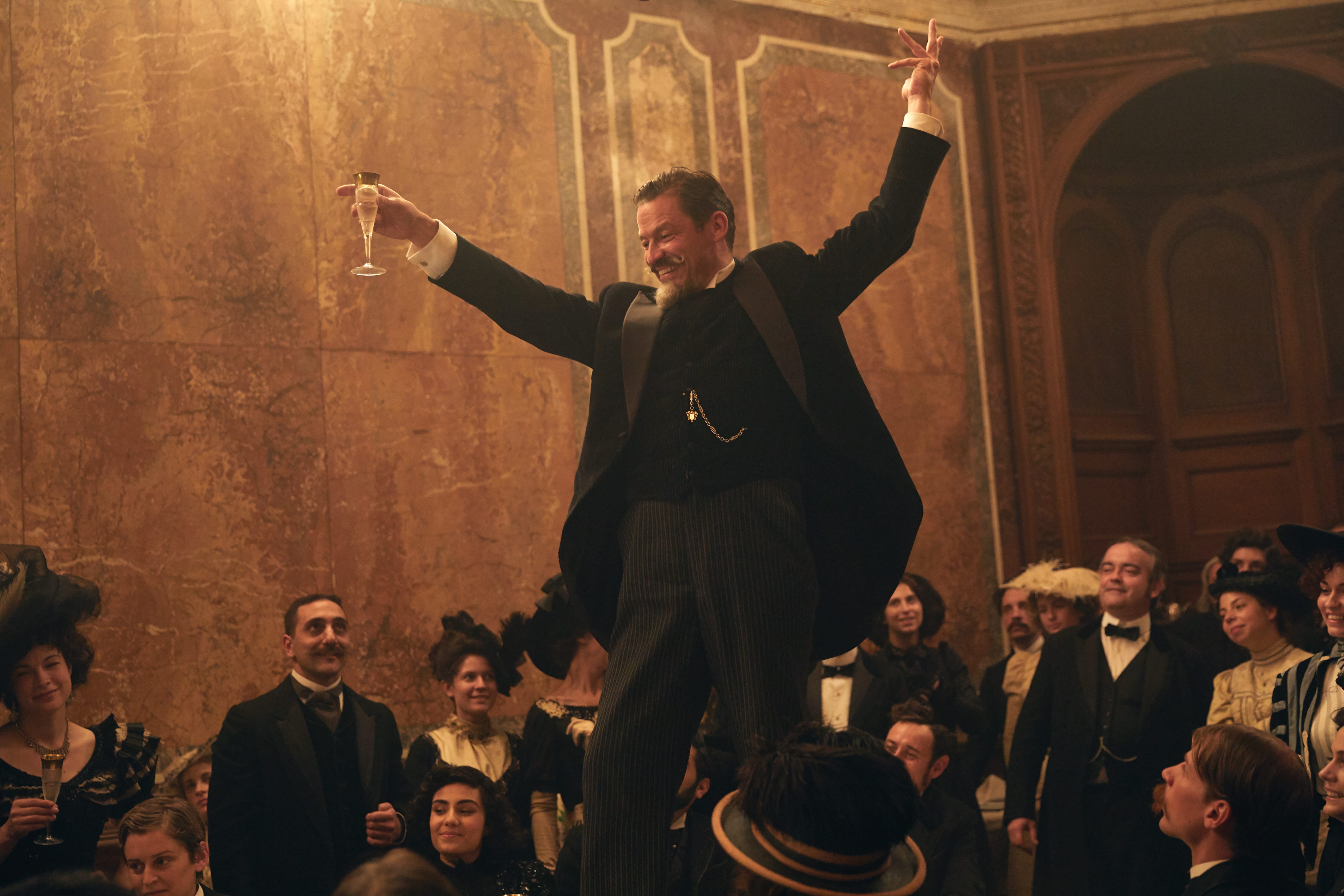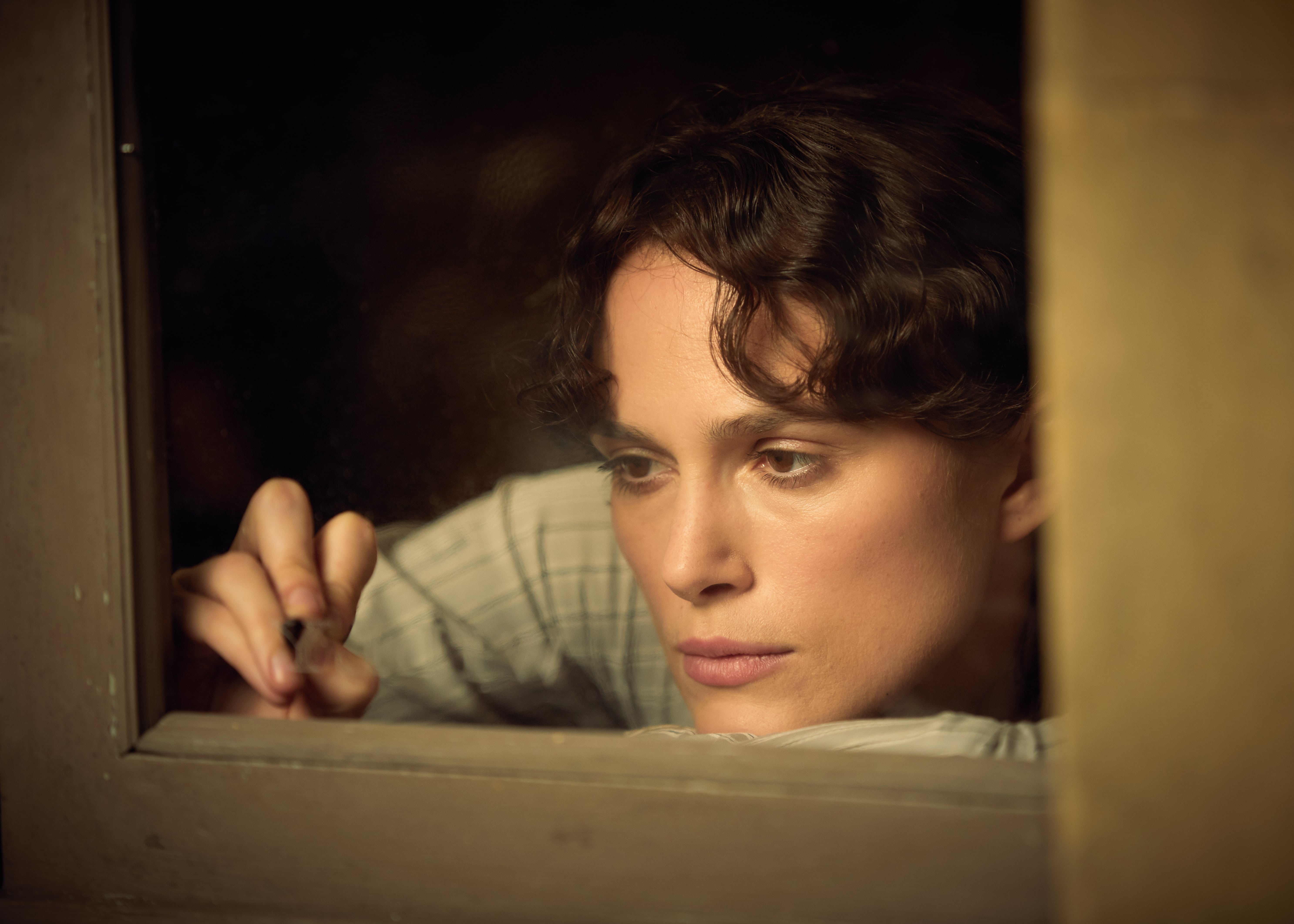By Savannah Jade Coombe, Second Year, Liberal Arts
For a film about how the 20th century French writer Sidonie-Gabrielle Colette fought for the rights of her novels, originally published under her husband’s name, there is little of this real-life storyline to be seen in Colette.
The film begins with Colette (Keira Knightley) living with her father and mother in the tiny town of Saint-Sauveur in rural France. It then shows her progression from an innocent but self-aware country girl, to Parisian socialite and wife of notorious libertine Henry ‘Willy’ Gauthier-Villars (Dominic West), to pantomime star and avant-garde celebrity in her own right. The bio-flick mainly focuses on the years surrounding her marriage to Monsieur Willy.
Youtube / LionsgateFilmsUK
Knightley’s take on Colette is well-executed. Although her performance as young Colette is somewhat contrived, she brings an air of sobriety and introversion to what could otherwise have been perceived as an eccentric character. West is well-practised in his own role having already played an unfaithful writer in The Affair (2014-), and the chemistry between the two leads is undeniable, despite not being traditional. Other notable performances are those of Eleanor Tomlinson, whose depiction of Georgie Raoul-Duval, seductress with a Southern drawl, is successfully both annoying and alluring, and Fiona Shaw as Sido, Colette’s astute mother.
A major flaw of Colette is the overall presentation of Willy. The film fails to hold the author truly accountable for his treatment of Colette. His portrayal is light-hearted and shockingly ‘likeable’, but without offering any depth to his character or delving into the danger of charisma. Willy’s literary empire consisted of multiple writers who would use the Willy pseudonym to publish music reviews, novels and articles. He would get the fame and a cut of the profit; hence Colette’s Claudine novels being published under his name. The expectation for the plot of this film is a focus on Colette trying to win back the rights to her novels, but instead this monumental moment is reduced to two scenes and a pantsuit.

London Film Festival / Colette
It is no longer enough for a film to be labelled feminist simply by featuring a ‘strong female lead’. While this statement acknowledges the progress in gender equality, we now deserve more. Colette herself is undoubtedly a feminist and queer icon. Immediately assuming that this makes Colette the film a feminist work is incorrect.
While there is nothing wrong per se with the portrayal of Knightley’s character, the film leaves no significant impression due to the lack of character development. In many ways, it seems as if things merely happen to Colette and she rarely plays an active role in designing her future. For example, it feels as if Missy (Denise Gough) motivates Colette to claim back the rights of her novel, or it is Willy who encourages her to write.

London Film Festival / Colette
It makes for a production that is somewhat bland. Colette also provides little context for the position of women in society at the time. For example, the film is set between the years 1893 and 1910, when women only voted for the first time in 1945. The portrayal of Colette as a liberated woman does her legacy a disservice, in a way trivialising and ignoring the grounds she broke as a woman.
At the same time, the film is a great homage to queer history. Particular mention must go to the scenes in which Missy and Colette are seen acting in their pantomime shows together. Colette is a great depiction of the backlash queer people faced for living their truths, and also a great example of the flamboyant, bohemian lifestyle of many living in Paris in the early 20th century.
Why Colette will open the door to more queer period dramas https://t.co/l06FrYkQg8 pic.twitter.com/WG2TDsSLZ8
— The Independent (@Independent) January 13, 2019
Is Colette a bad film? No. But is Colette a bland film? Yes. It is just that I expected more given the real life material. These are the types of stories we want to see in cinema - a good start, but we deserve more. Tell us the story of Colette writing La Vagabonde as her revenge against Willy, of Colette the Nobel Prize winner who hid her third husband in her attic during WWII, of Colette who was the first French woman to be given a state funeral. Finally, let Colette speak for herself: ‘What a wonderful life I’ve had! I only wish I’d realised it sooner.’
Colette is showing at Watershed until January 24.
Featured Image Credit: London Film Festival / Colette
What are your thoughts of Keira Knightley's portrayal of Colette?
Facebook // Epigram Film & TV // Twitter








